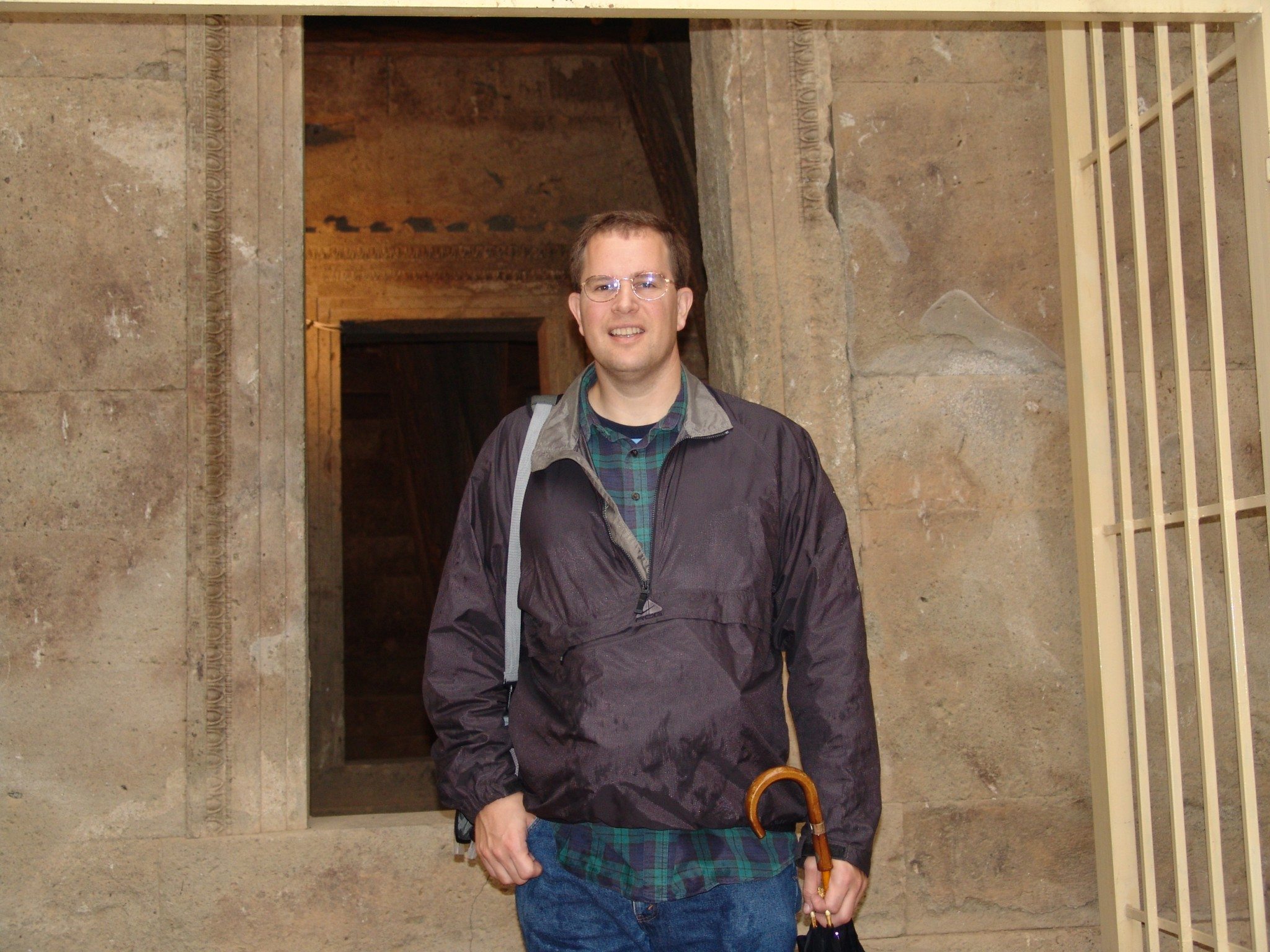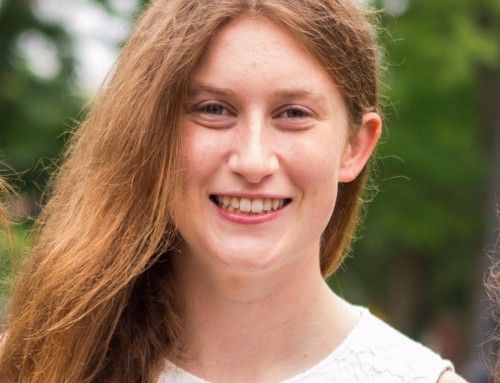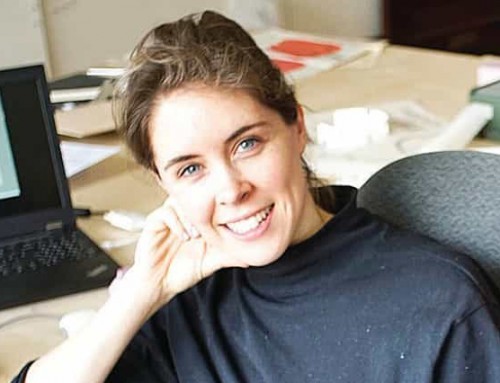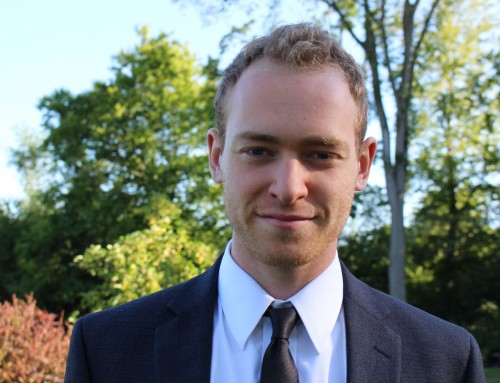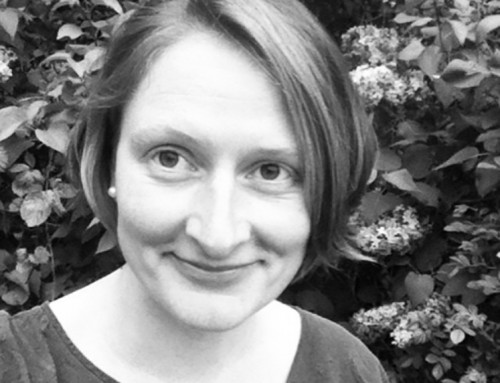Perhaps my most vivid and abiding memory of BCD is Mme Grad handing back the dictées — if you had any wrong or missing accents, she would slash an accent grave on the back of your hand with her pen and bark “
accent!” in her German-accented French. Since no 8th grader is perfect in such matters, handing back the dictées resulted in an assembly-line reprimand as she made her way along the row of desks: Accent! (slash, grimace) Accent! (slash, grimace) Accent! Accent!… She made even the toughest guy in our class cry over the quality of his homework.
This was admittedly very old school — Mme Grad was a Holocaust survivor and was over 70 when we had her as our teacher. I don’t think you could teach that way these days. But it served a purpose — to wit: my boys are enrolled in the Lycée Français de Sofia since maternelle, thus speak with impeccable native accents. They cringe when I attempt to parle in the Québequois twang picked up, I believe, from our 7th-grade French teacher whose name now eludes me. When it comes to reviewing written homework though, I am the unchallenged master of the accents and deem to brook no nonsense, let alone mistakes, from the little twerps* (as Mr. Fawcett might tag them). *Editor’s note: Mr. Fawcett says this word is “questionable.”
No account of BCD days would be complete without a reverential bow to the Fawcetts, Mr. and Mrs. A good part of the reason I’ve stuck it out in the Balkans is down to a love of classics, for which Mrs. Fawcett laid the base. My first impressions of Sofia included the walls of ancient Serdica still visible underneath the central largo, as well as the ruins of the agora in the courtyard of Hotel Balkan. That hooked me. Gibbon wrote that Illyria, more or less Albania and the territories of former Yugoslavia today, was the one province of the Empire that the Romans never really got under full control. Somehow I read that as a challenge, one that continues to keep me hooked, as my work involves integrating some of the same wild territory into the global economy.
That love of the classics has afforded me an appreciation of the region’s languages: I feel right at home with a language such as Bulgarian where sum means “I am.” The verbs go together just like Latin verbs – take a prefix and a root and presto! – you’ve got a new meaning, only the building blocks are Slavic. As I have picked up a smattering of Albanian over the last few years, I’ve understood that the Latin influence is quite strong there, for obvious reasons. Romanian is one of those languages that you can understand intuitively if you’ve had the BCD curriculum of French and Latin plus the basics of a Slavic language. My favorite Romanian word on this point is panificatie – bakery – the bien connu ‘pain’ plus the Slavic ending connoting a production process.
Mr. Fawcett comes in for the books we read with him. First, no traveler is complete without Huck Finn. For my life in a post-communist country in the shadow of resurgent Putinism, Animal Farm
and 1984 are hugely relevant. A word to current students: the Snowden leaks and the abuses of power in the name of protecting us from the putative threat of Islamist terrorism show us just how prophetic Orwell was, not just for the East.
Lermontov’s Hero of our Time and Tolstoy’s Cossacks
are my lifelines when dinner-party chatter turns to Russian literature. The ethos of Lermontov’s Caucasian Hero translates well in the Albanian-speaking world, where blood feuds still linger on. My wife Galina, who attended the Russian-language Kalinin High School in Sofia, looks down her nose at the gaps in my knowledge of Russian literature and film, but I can always recover a point for having read Solzhenitsyn, whose works were banned when she was in school, while A Day in the Life of Ivan Denisovitch was required reading for Mr. Fawcett.
Mr. Fawcett’s teaching style was rich in anecdotes. One that has stuck with me concerned a British expat in colonial Africa who kept himself from “going native” by donning full dinner dress in the middle of the bush once a week. I muse on that when I cook my Thanksgiving turkey, and when my values and assumptions clash with local mores. Galina finds it infuriating that Mr. Fawcett encouraged us to underline passages in books and make notes in the margins. From her perspective, books are a scarce and precious resource to be treated with utmost reverence. Even dog-earing the pages is a no-no, but I keep doing it. Another Fawcett-esce tic of mine is to remind my boys, ages 5 and 8, to “keep it down to a dull roar” when they wax vociferous.
In such a short piece I necessarily risk offending many beloved and influential teachers and fellow students by omission – the pantheon includes Mr. Buttenheim, Mrs. Capers, Mrs. New, Mr. Douglas (who taught us about Balkanization), Gary Miller, and the list goes on. I have to give short shrift to a time that burgeons with memories. With another 4 or 5 thousand words I might cover the shoe-throwing incident and other mischief, or the trips to Hulbert, Montreal, or Monument Mountain, and still be short on space. Suffice it to say that the heroes of this story and their quest retain enduring relevance for me half a lifetime and half a world away.
Ken Lefkowitz ’84 attended BCD for Grades 7-9, and went on to Hotchkiss and Wesleyan. He moved to Sofia in 1995 to take part in the post-communist transition. He runs a financial advisory boutique, New Europe Corporate Advisory, covering 5 countries in southeast Europe.

